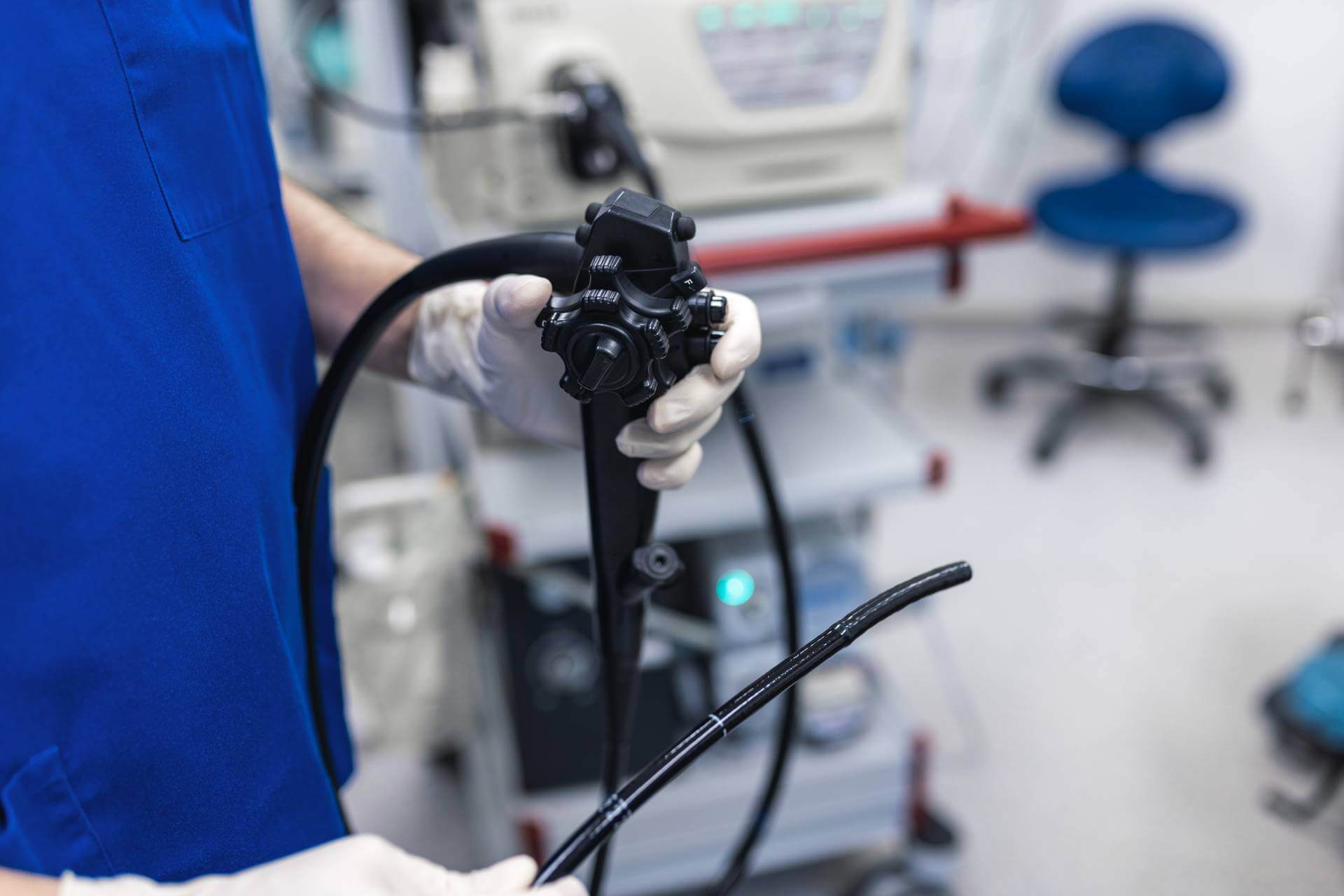Throughout the course of my medical training and my years as a physician, my perspective has changed in many ways. I went from simply wanting a solid career to finding the practice of medicine that I was passionate about. Eventually, I began to make the connection of what I studied in books to how it helps patients. The transition to independent patient management was different and gradual; there was no instructor behind me telling me what to do. Diagnosing and treating patients all by myself was a new feeling. Initially it was a little scary, but I quickly learned that my knowledge and experience was power to help others.
As a gastroenterologist, I would become anxious when I performed a colonoscopy on patients who had a family history of colon cancer or polyps. I was nervous for them and about what I would find in them. I knew having a family history increased their risk of developing colon polyps and cancer. Oftentimes, the patient was in the same state of anxiousness as well. However, as my experience grew, I saw that the increased risk was minimal. I started explaining this to the patient as a way to help alleviate at least some of their anxiety. Some patients would say “Don’t find anything in me, Doc” and I wouldn’t! Those were the patients that usually had normal colons, but I think the experience helped them develop a positive attitude and encouraged them to take better care of themselves.
Those patients that were nervous before the procedure were relaxed afterwards, knowing that everything really was okay. If something was abnormal, it could usually be taken care of during the procedure For example, finding and removing a polyp. They were happy it was done, they were going to be fine, and they didn’t have to do it again for a few years.
Imagine the anxiety that a patient experiences before the procedure– hours, days or even months depending on how long they put it off. This worry doesn’t change the end result. I tell them that I don’t find anything that’s not already in the colon, but finding it earlier gives them the benefit of potentially preventing cancer. There is no benefit to being an ostrich, burying your head in the sand and closing your eyes to the symptoms or lack of symptoms. Many people attempt to justify their procrastination with an “If it ain’t broke, don’t fix it” attitude. The danger here is that the most common symptom of colon cancer is no symptoms at all.
The undue anxiety before a colonoscopy is needless. If it is a “good stress” before a test that makes you study better and harder, then it is beneficial. If it makes you forget what you read, then it is of no use to you at all. Taking the right action at the right time, leaves no room for anxiety. So, prepare now to keep yourself healthy. Take a deep breath, pick up the phone, and schedule your colonoscopy. The only way it can change your future is for the better.


